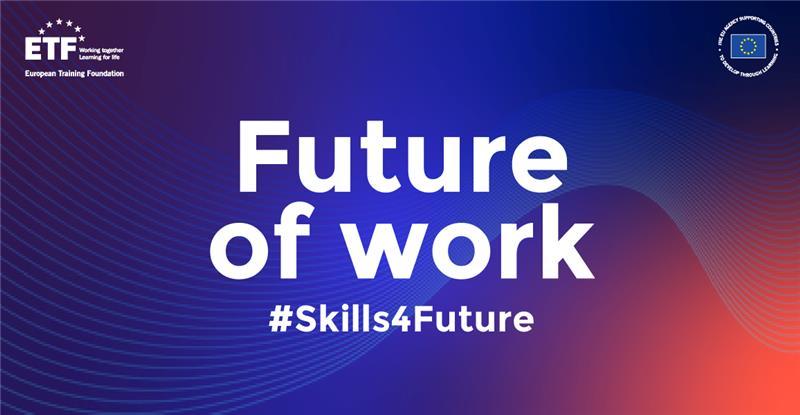
Future of work and skills in the EU neighbourhood
How do global forces interact with local realities and how does this affect the need for skills? How should governments, businesses, social partners, civil society, research institutions, communities and education and training providers work together to manage change? What skills policies work in different contexts?
In February, a campaign launched by the ETF will reflect on the future of work and skills in the EU's neighbouring regions. For the whole month, experts and practitioners will share evidence and opinions regarding the responses to global challenges. Indeed, driven by new technologies, the fourth revolution is transforming industries, economies and societies around the world. Other global trends such as shifting demographics, migration, climate change and the recent pandemic, are intensifying this process.
“The capacity of the European Union and its neighbouring countries to adapt education and training systems to changes will determine how well we are preparing the next generation to rise above the challenges of the present – harnessing their potential to contribute to inclusive growth and stability”, Cesare Onestini, the ETF's director says.
Societies need people with new skill-sets flexible enough to cope with the demands of a constantly changing economic environment. This challenges societies worldwide to rethink how they equip and re-equip people with the knowledge and skills they need for life and work in the world of tomorrow. Different national and regional contexts require different solutions and alternative pathways. Their impact and how they are managed varies from place to place.
Old jobs are changing, relocating or disappearing, while new ones are emerging. As work becomes increasingly automated, jobs become polarised and non-routine cognitive and social skills become vital assets. The fast pace of change leads to a growing mismatch between the skills workers have and those employers need.
Follow the conversation on the ETF's platforms, and under the hashtags: Skills4Future and FutureOfWork!
Did you like this article? If you would like to be notified when new content like this is published, subscribe to receive our email alerts.